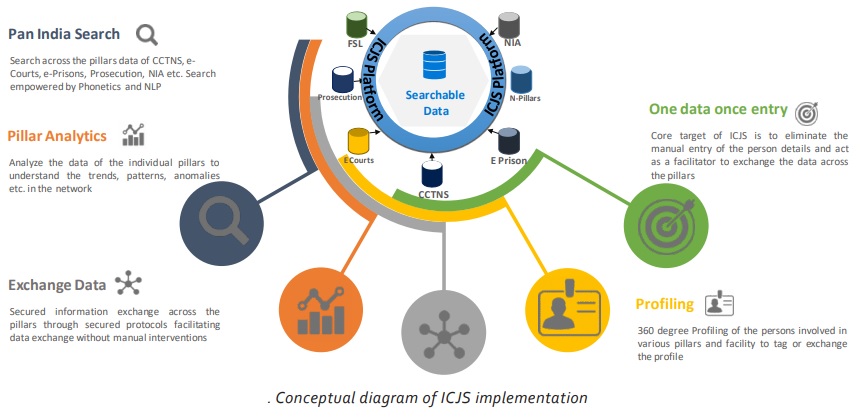7667766266
enquiry@shankarias.in
At the NCRB Foundation Day, the Union Home Minister remarked that the second phase of the Inter-operable Criminal Justice System (ICJS) project is set to be completed by 2026.

References